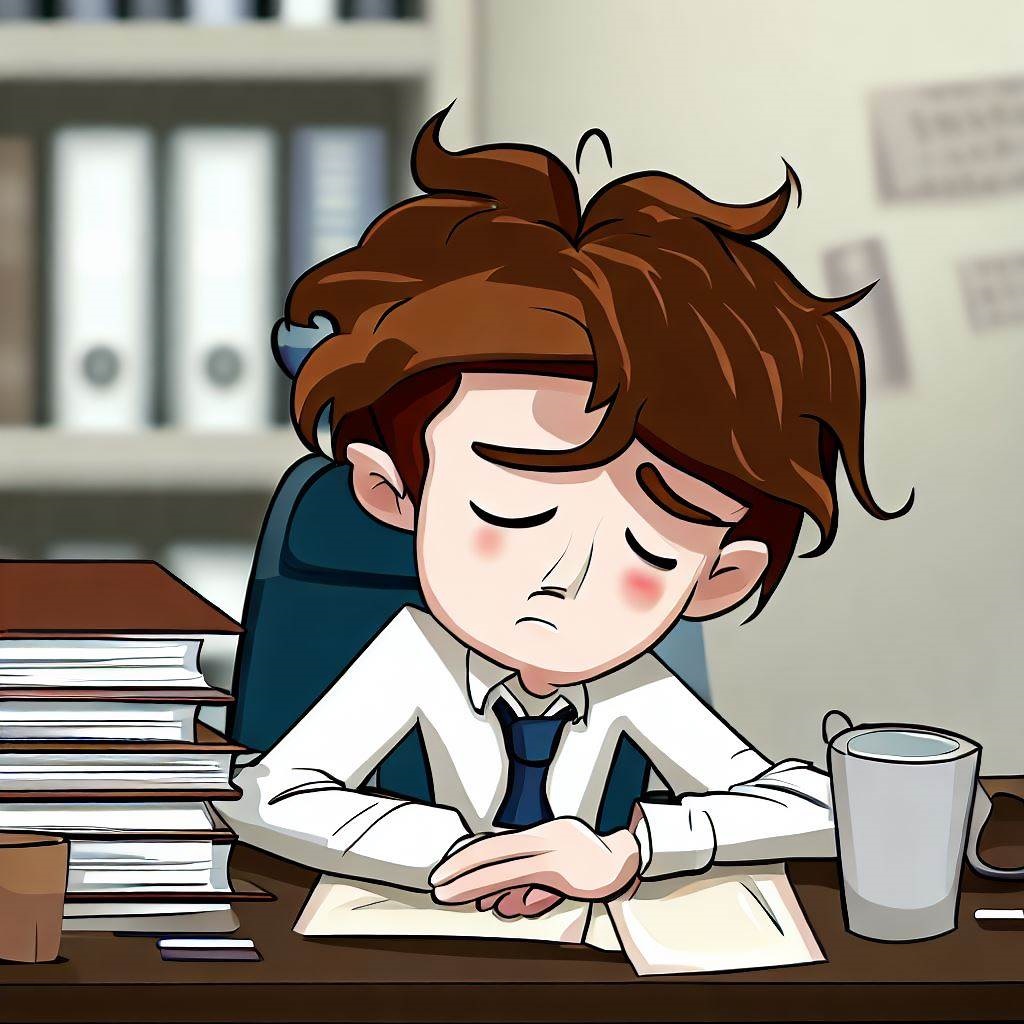For over two years, I have worked as associate editor-in-chief for a major journal published by Springer. For this job, I have handled around 500 papers from all the steps of the review process. Recently, I have decided to stop this work as it was taking too much of my time and as time is limited in life, I wanted to give priority to other aspects of my life. I was very happy to be associate editor-in-chief for that big journal as this has allowed me to learn many things. I will discuss what I have learned in this blog post. The key things that I have learned are:
- Being an editor can be a lot of work. For a big journal, the workload of an editor is quite high. I would spend about one hour every day to try to find reviewers for papers, reading the papers or do other related tasks. One hour may not seem a lot but when you have a research team, a family and other things in your life, it is a lot of time and you have to think about your priorities. With this 1 hour, I could instead do some sport, spend more time with my kid or spend more time on my own research.

- Finding reviewers for a paper is not so easy. Authors of research papers often think that reviewers are easy to find. But the truth is that often it is a hard task to find reviewers. The editor has to invite numerous reviewers. Each reviewer has one week or more to accept the invitation. And often the potential reviewers would not answer or decline. Thus, it can happen that it takes over one month to find suitable reviewers for a paper. Generally, if a topic is unpopular, it can be quite hard to find reviewers.
- Reviewers are often late. Many authors do not know that it is quite common that reviewers submit their reviews late. Often, it is by a few days, but some reviewers can be late by up to a month in some cases. When a reviewer is late, the journal will automatically send reminders to the reviewer but still some reviewers can receive dozens of reminders and ignore them. In this case, the editor has to step in and find more reviewer(s).
- The work of an editor can be repetitive. Although being an editor is interesting and it is also very important for academia, I feel that some work is repetitive such as clicking to find reviewers. Other people will have different opinions but rather than doing such tasks, I would rather spend time working on my own research.
- When submitting a paper, if you can enter keywords or select topics from a taxonomy to describe your paper, choose them wisely. It is important to choose keywords that really describe your paper well as this will be used to find reviewers for your paper and can accelerate the review process.
- Some reviewers are unethical. As editor, it is important to read carefully what the reviewers write as there are several reviewers that would act unethically such as by asking authors to cite many of their papers to increase their citation count. When i would see this, I would intervene to stop this, of course, but there are always a few reviewers that are trying to do this.
- If authors do not do enough effort to revise their paper well (after a round of review), it is not uncommon that a reviewer will change his mind and suggest to reject the paper in the next round. The reviewers are doing their work for free. Some reviewers are very patient and will accept to review the same paper multiple times. But others will not be patient if the author does not make sufficient effort to address issues in the paper. Thus authors should always do their best to solve the problems in their paper.
That was just a short blog post to talk a little bit about the work of an editor and the review process of a journal. I hope it does not sound negative because actually, I have learned many things from this work and I do not regret accepting to do this work.
Hope that this has been interesting. If you have any comments or questions, please leave them in the comment section below!
—
Philippe Fournier-Viger is a distinguished professor working in China and founder of the SPMF open source data mining software.






Thanks for sharing your experience and opinion. I can totally understand how busy you are with kids, researches, jobs… Same as me, when I were doing my PhD, I could review many papers. However, now my time budge is much tighter and I can only review the papers matching my expertise or interest.